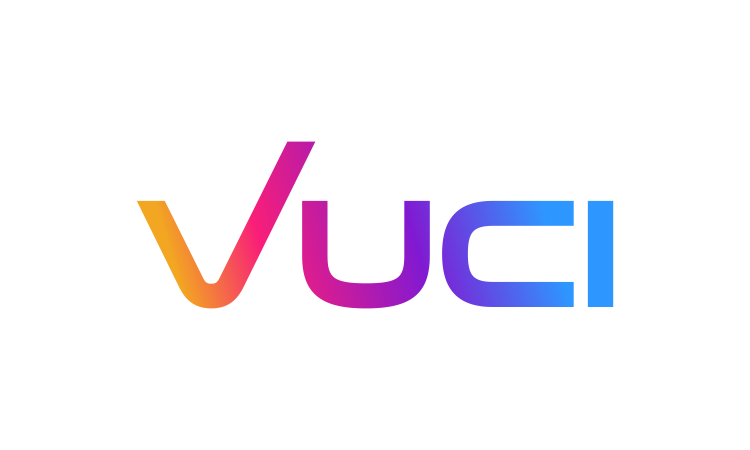High-value domain names are considered prime assets in the digital landscape. These domain names typically exhibit characteristics such as brevity, memorability, keyword relevance, and marketability. A high-value domain is often short, easy to spell, and relevant to a particular industry or market, making it more desirable to businesses and investors. For example, domain names like “Hotels.com” or “Finance.com” are highly valued due to their simplicity and direct relevance to major industries. The intrinsic value of these domains is not just in their keywords but also in their potential to attract traffic and generate revenue through various means such as advertising, affiliate marketing, or direct sales.
Factors That Determine Domain Value
The value of a domain name is influenced by several factors. The most significant include domain length, keyword relevance, and brandability. Shorter domain names are typically more valuable because they are easier to remember and type. Domains that include popular keywords related to high-demand industries also command higher prices, as they can attract a significant amount of organic traffic. Brandability plays a crucial role as well; a domain that can be easily transformed into a brand or has a catchy and unique name can have a substantial market value. Additionally, domain extensions (.com, .net, .org) also impact value, with .com being the most sought-after due to its longstanding recognition and trustworthiness.
Market Trends and Valuation
The market for high-value domain names has experienced significant growth over the past decade. This increase is largely driven by the expansion of digital businesses and the escalating demand for premium web addresses. Domain sales and auctions have become a lucrative industry, with some domains selling for millions of dollars. For instance, “Voice.com” was sold for $30 million, showcasing the high stakes involved in premium domain transactions. Understanding market trends is essential for investors and businesses looking to buy or sell high-value domains. Factors such as the rise of new industries, technological advancements, and shifts in consumer behavior can influence domain value. Staying informed about these trends helps in making strategic decisions and maximizing investment returns.
Strategies for Acquiring and Investing in Domains
Investing in high-value domain names requires a strategic approach. One effective strategy is to focus on emerging industries and trends, identifying domain names that could become valuable in the future. Another approach is to leverage domain auctions and marketplaces where premium domains are bought and sold. Building a portfolio of high-potential domains and actively seeking opportunities to acquire undervalued names can also be advantageous. For businesses, acquiring a high-value domain can enhance brand visibility and credibility, driving more traffic and potential revenue. However, it is crucial to conduct thorough research and due diligence before making any purchase to ensure that the domain aligns with your business goals and offers long-term value.
In summary, high-value domain names are a critical asset in the digital world, offering significant opportunities for investment and branding. By understanding what makes a domain valuable, staying updated on market trends, and employing strategic acquisition methods, businesses and investors can capitalize on the potential of premium domains.

